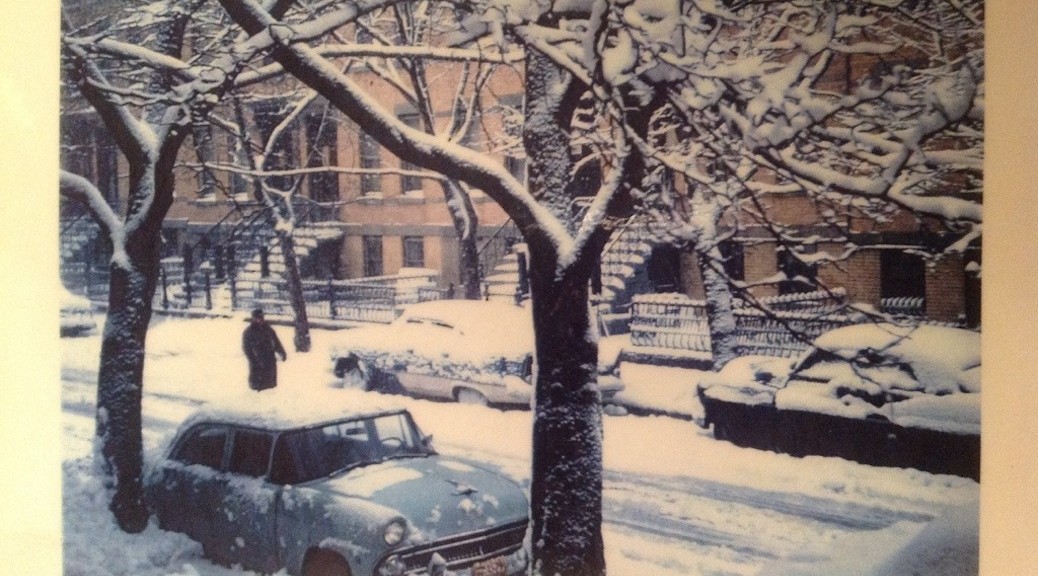My grampa isn’t my grampa yet, so let’s call him Frank. Frank lives in Brooklyn or Queens, depending on what year it is. He doesn’t change his address, but the borough containing that address changes with the whims of city surveyors.
The subway is a recent addition to his neighborhood. The place is rapidly urbanizing, but there are still some signs of its small town past, like farms. A few small farms lie nearby, some only a few blocks away.
Thanksgiving is on the horizon, and Frank’s dad wants to take advantage of this proximity. He knows a farmer close by with more turkeys than he knows what to do with. Rather than drop way too much dough on a bird from the butcher, Frank’s dad figures he can buy one of these young turkeys, raise it in his backyard, and get it nice and fat in time for the big holiday. He doesn’t have a very big backyard, but how much room does a turkey need, really? All they do is eat and sleep. He’s seen neighbors raise chickens and roosters in their backyards. A turkey can’t be any harder.
This calculation doesn’t take into account Frank, and his sister Kathy. Once the turkey comes home and takes up residence in the backyard, they look upon it not as a future meal, but a pet. Frank and Kathy bring it scraps from the dinner table. They pet it and play with it, even though the concept of “play” seems too complex for a turkey to grasp. They name him Tom.
This presents a dilemma for Frank’s dad. He knows the kids are attached to the turkey and don’t want to see it slaughtered. He is inclined by nature to make them happy. He is not the whip-cracking type of dad, but a sentimental sort, a lover of pranks, a story teller. He ushers at St. Aloysius on Sundays, then goes from church straight to The Eagle’s Nest to bartend and exchange jokes.
Frank’s dad is also a Great War veteran. He served in France to display his patriotism at a time when the propaganda of the age said the True Americanism of anyone of German descent was suspect, a time. And it is 1930, which means Frank’s dad is a dad at the beginning of the Great Depression. He cannot afford to simply throw away food, even food whose name is Tom.
So despite his fun-loving, accommodating nature, Frank’s dad takes the turkey, chops its head off, plucks it, and hands the carcass off to Frank’s mom, who will cook it.
If the idea behind killing the bird was to not waste food, this proves poor reasoning. Frank’s mom and dad eat, but Frank and Kathy do not. They sit in their seats at the dinner table and stare at pieces of what was once their pet and burst out crying, wailing “oh, Tom…” Frank’s dad sees no point in berating his children, but reminds them that this is all the food they have. They can eat this on Thanksgivng or eat nothing. They choose nothing.
Frank will become my grampa and he will tell me this story, and in his telling it will be a funny story. He will imitate his young self crying over a turkey and laugh at the memory. He will have gone to war in a strange land, just like his father, and will come home in one piece and have to raise children on a tight budget, like his father. In his rearview, the plight of a turkey will come to seem like small potatoes.
You could call this cold or cruel, but I know my grampa was not a cold or cruel man. Just the opposite, just like his own father. Grampa just knew that parenting requires difficult decisions, and in a no-win situation, perhaps laughter is called for.
I believe that today of all days, if you can use your childhood pain not for brooding, but for laughing, then you should be thankful.


